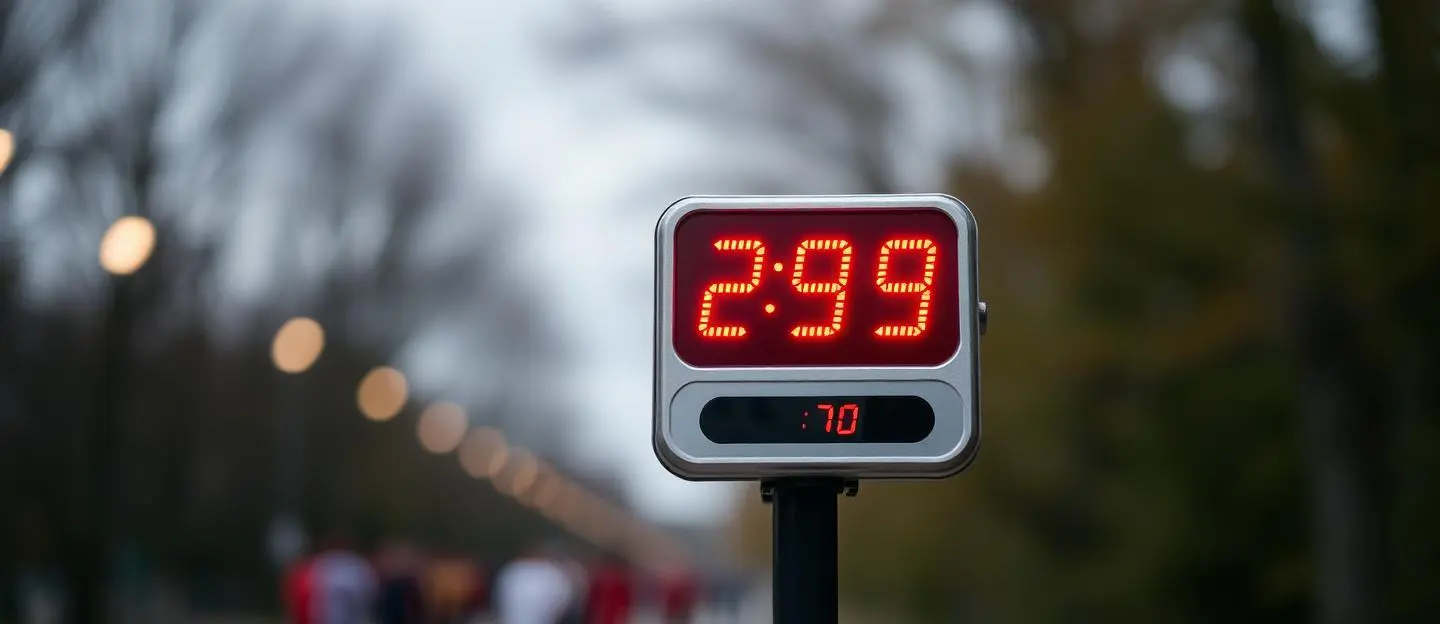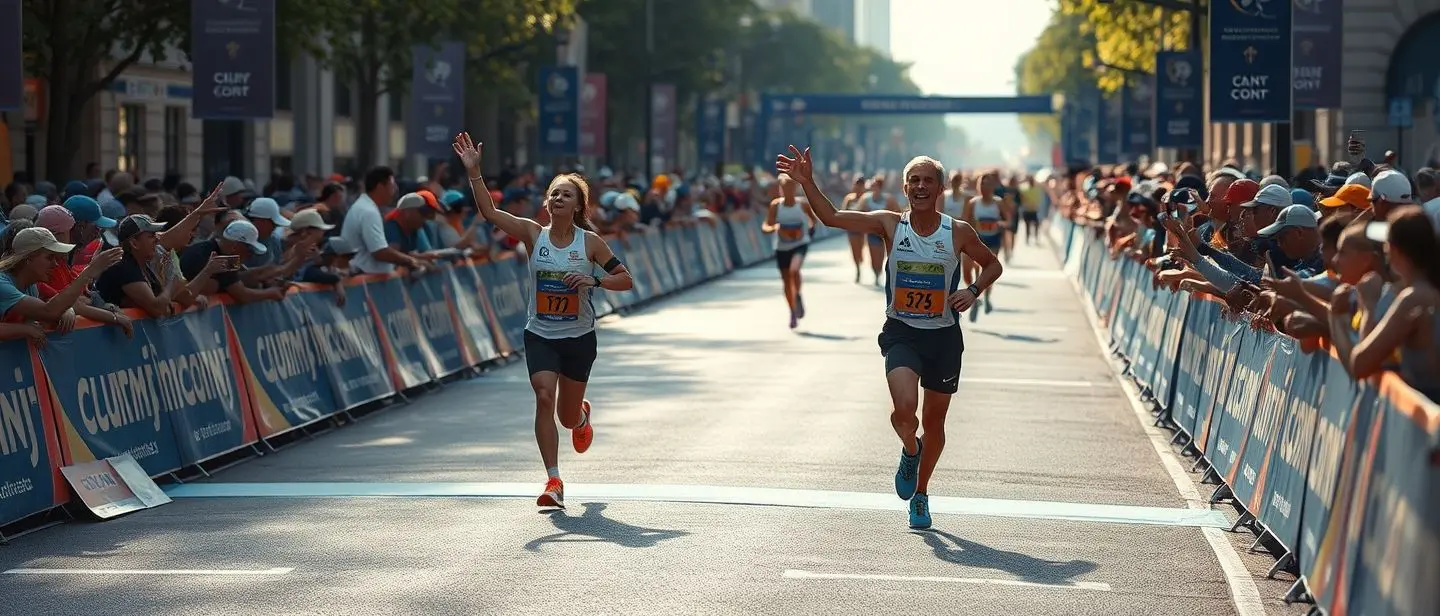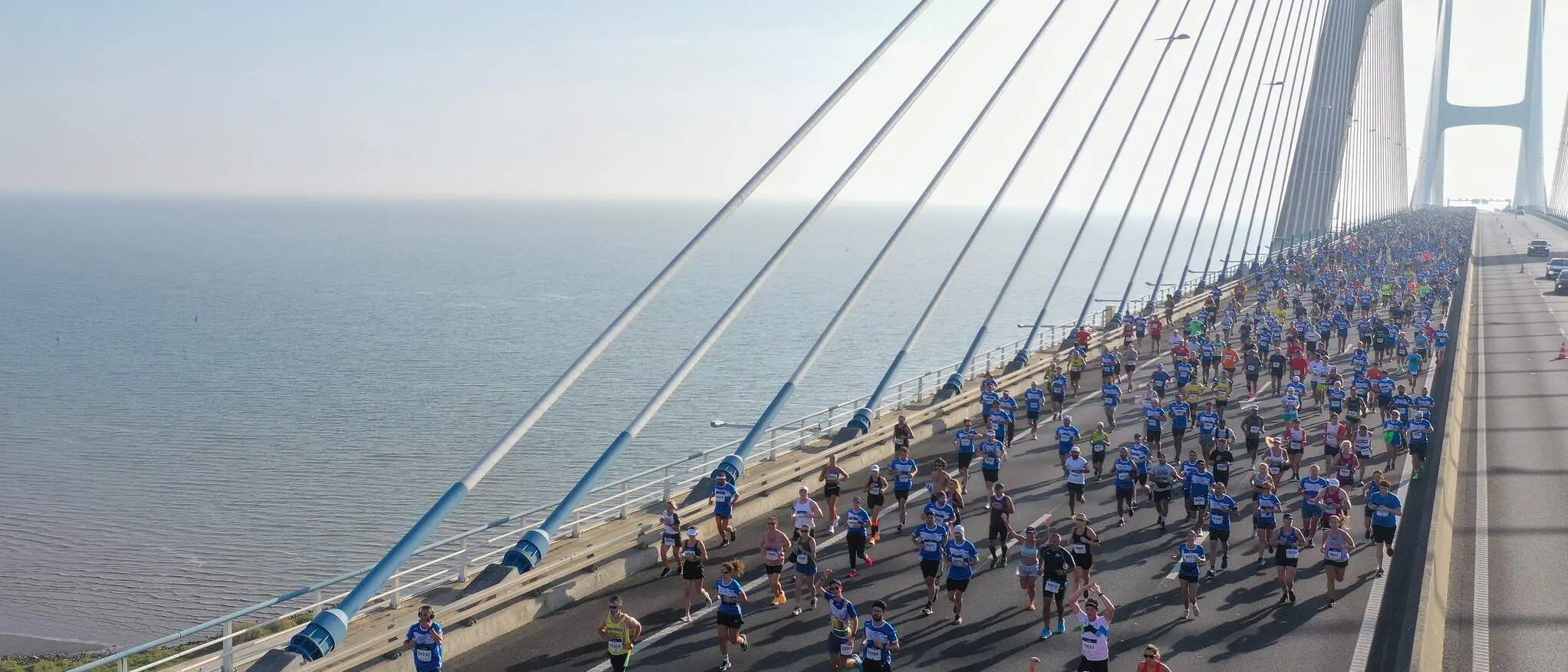Whether you’re training for your first marathon, eyeing a good marathon time, or just curious about the average marathon finish time, understanding how long it actually takes to run a marathon is key to setting realistic goals.
In this guide, we’ll dive deep into average finish times, good marathon benchmarks, and what factors influence your marathon time. If you’re a runner preparing for your next marathon or wondering if your marathon finish was solid, this article will help you get clarity, context, and confidence.

The average marathon time is a hot topic among both casual and serious runners. According to a study by RunRepeat, the average marathon finish time globally is approximately 4 hours and 21 minutes for men and 4 hours and 48 minutes for women.
That said, marathon time varies based on several factors including fitness level, course difficulty, and weather conditions. The average marathon time for all finishers, across genders and ages, is about 4:30:00. This is the benchmark many use when comparing performance.
The truth is, the time it takes to complete a marathon depends heavily on how well-prepared you are. Some people complete it in under 3 hours, while others might need 6 or more. Regardless of speed, just crossing the marathon finish line is an incredible achievement.
Your marathon finish time is often closely tied to your age range and gender. Based on data from Strava and other race result databases, finish times by age generally show the following trends:
Interestingly, some older runners still post impressive results. It’s not unusual to see a 60+ marathon runner complete in under 4 hours—especially those with years of experience and a solid training plan.
Gender differences also play a role. On average, men tend to finish faster than women, but the gap narrows significantly among experienced runners.

If your goal for my first marathon is just to complete it, you’re not alone. Most first marathon runners aim to finish, not break records. A good marathon time for beginners is anything under 5 hours.
In fact, most marathon coaches encourage new runners to set a realistic time goal that factors in your training, health, and current 10k time. Many first race participants end up running a bit slower than they expected, especially in the last mile.
Still, a good marathon experience isn’t about pace—it’s about perseverance. Your first marathon should be about learning, growing, and discovering what you’re capable of over 26.2 miles.

A well-known formula to estimate your marathon finish time is based on your 10k time. Multiply your 10k time by 4.667, and you’ll get a rough idea of your expected marathon finish.
For example, if your 10k time is 50 minutes, then:
But keep in mind, this doesn’t account for fatigue or long run pace adjustments. Many runners get slower in the final miles. The last mile of a marathon is often the hardest, so it’s wise to add 10-15% to your prediction to be more realistic.
If you want a more precise estimate, check a marathon calculator tools or consult a training program that matches your current fitness level.

Numerous elements can influence your marathon time, including:
Knowing these variables can help you set a realistic time for a marathon and make smart choices in your training program.

Want to estimate your marathon finish more precisely? Here are some popular methods:
Strava, Garmin, and other fitness apps can also give predictive analytics based on your recent runs. Just remember: the time becomes real only if your training reflects your goal.
If you’ve already completed a marathon and want to improve your marathon time, focus on:
Use a marathon training plan tailored to your current level. Also, set a realistic time goal—maybe improving by 15-20 minutes in your next marathon.
With the right strategy and mindset, you’ll likely get closer to your personal good marathon time.

The fastest marathon on record is Eliud Kipchoge’s incredible 1:59:40 (unofficial), completed under controlled conditions in 2019. The official world record stands at 2:01:09, also held by Kipchoge.
Among women, the fastest marathon is 2:11:53, set by Tigst Assefa in the 2024 Berlin Marathon.
These marathon running times are outliers, achieved by elite athletes. But they serve as powerful inspiration for every marathon runner to strive for their personal best, whether that’s sub-3 hours or simply to complete the 26.2.

Your marathon training can make or break your marathon finish time. A typical training program runs 16-20 weeks and includes:
The training cycle will fluctuate between building, peaking, and tapering. If you’re training without structure, your race-day performance may suffer.
Even without training, some still attempt marathons, but their race time and experience may fall short. For best results, train smart and listen to your body.

Come race day, your focus should be on execution. Here’s how to ensure a strong marathon finish:
When you finally cross the finish line, the reward is more than a medal—it’s proof that you endured and conquered.

Whether you run 26.2 miles in 3 hours or 6.5, the fact that you showed up, trained, and pushed through makes you a finisher. Your marathon time is a reflection of your journey—not just a number.
While some aim to qualify for the Boston Marathon, others just want to say they did it. No matter where you land on the race results, you’ve joined the ranks of marathoners—a club that only 1.4% of the global population belongs to.
Now lace up, plan your next marathon, and remember: the real win is showing up.

If you’re aiming to achieve a personal best or simply want to experience a world-class marathon, the EDP Lisbon Marathon is the perfect opportunity. Scheduled for October 25, 2025, this marathon is renowned for its stunning coastal route, starting in Carcavelos and finishing at the iconic Praça do Comércio in Lisbon’s city center Registration. It’s recognized by international publications as one of the most beautiful marathons globally.
For those looking for shorter distances, the event weekend also features the Hyundai Half Marathon and the EDP 8K, both taking place on October 26, 2025. These races offer scenic courses that showcase Lisbon’s rich history and vibrant atmosphere. Whether you’re a seasoned runner or a beginner, there’s a race for everyone.
The average time it takes is around 4:30:00, depending on age, gender, and fitness.
A good marathon time is under 4 hours for men and under 4:30 for women.
While possible, running without training risks injury and poor race-day performance.
Finish times by age show that runners slow slightly as they get older, especially past 50.
Use your recent 10K time and long run pace, or a calculator to estimate your marathon finish.
Follow a structured training plan, include speedwork, and practice proper nutrition.